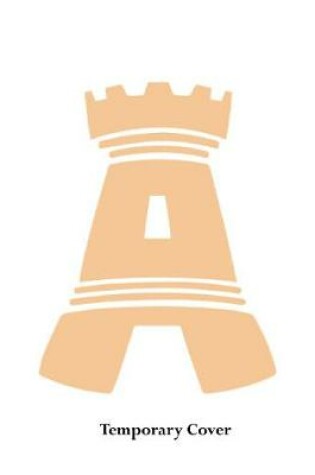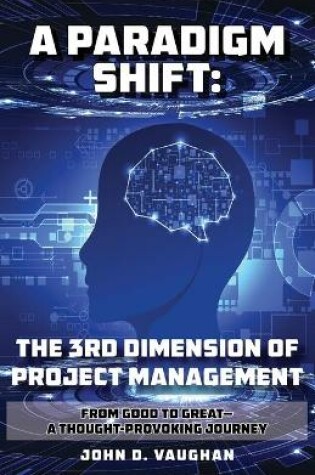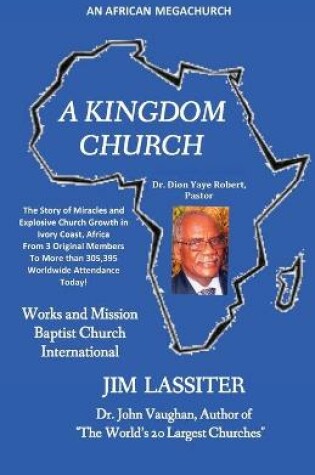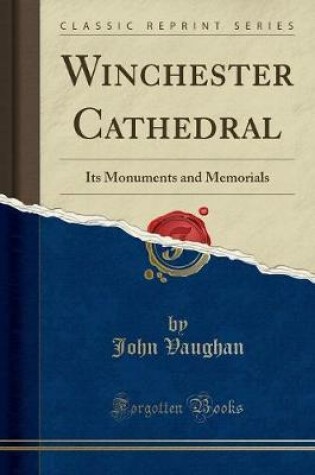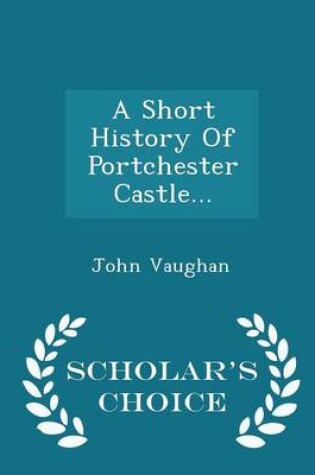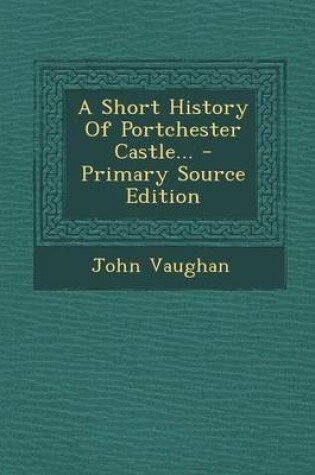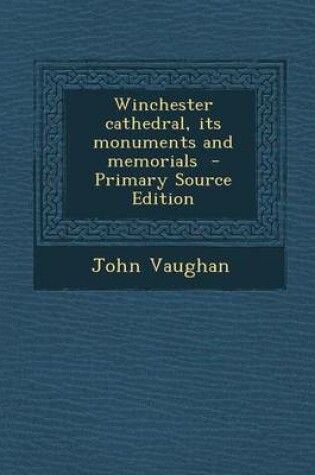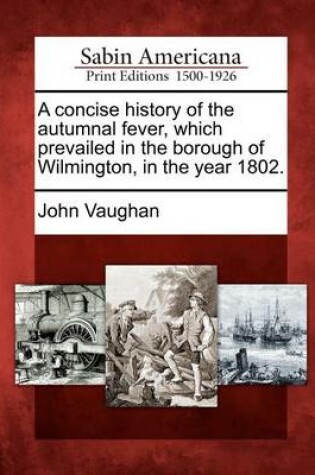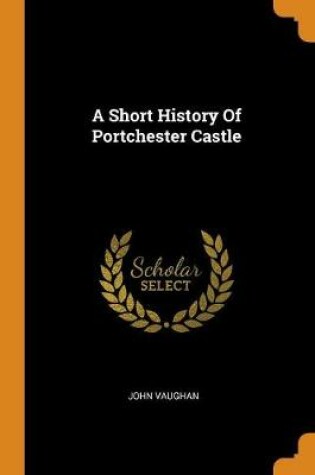After graduating from college, I spent eight years as a software engineer working on flight simulators and training equipment for the U.S. military. I then became a functional manager of an aerospace engineering group where I managed software, electrical, mechanical and systems engineers. Periodically I would step in and manage small projects. I had some company sponsored project management training as part of supporting Department of Defense (DOD) programs and attended courses through the Defense Systems Management College (DSMC). I had a mentor that really understood the basics and mechanics of project management and he sparked my interest. I then worked as a project manager in several industries including satellite communications, semiconductor capital equipment and digital education products. I began the process of building my knowledge base by obtaining my Project Management Professional (PMP) certification followed by completing a Master's Degree in Project Management. I then completed a certification in project management from the California Institute of Technology (CalTech) and subsequently became a Certified Scrum Master and Certified Scrum Product Owner. My journey led me to high profile, strategic company projects. I led new development projects, new product introductions and programs that were high risk and hadn't been previously executed within the company. My successes led me to creating and building project management organizations where I had 10 to 15 project managers reporting into me. This experience finally led me to becoming the VP of Program Management for the company. As I grew in my career, I was always focused on becoming more consistent, providing more value and becoming the best project manager that I could be. My curiosity and competitive spirit drove me to read books, attend courses and study other project managers because I wanted to be the best. I wasn't satisfied with people telling me that project management was an "art and a science" because that left too much undefined and it wasn't enough to define a plan for getting from where I was to where I wanted to be. As I worked through this journey, I began the process of writing this book. I wanted to be a better project manager, but I also wanted to be able to hire the best project managers. I needed to satisfy my curiosity and try to create a more predictable plan or model for my career path. I wanted to strip away the layers of complexity and fluff that seemed to surround existing project management literature.


